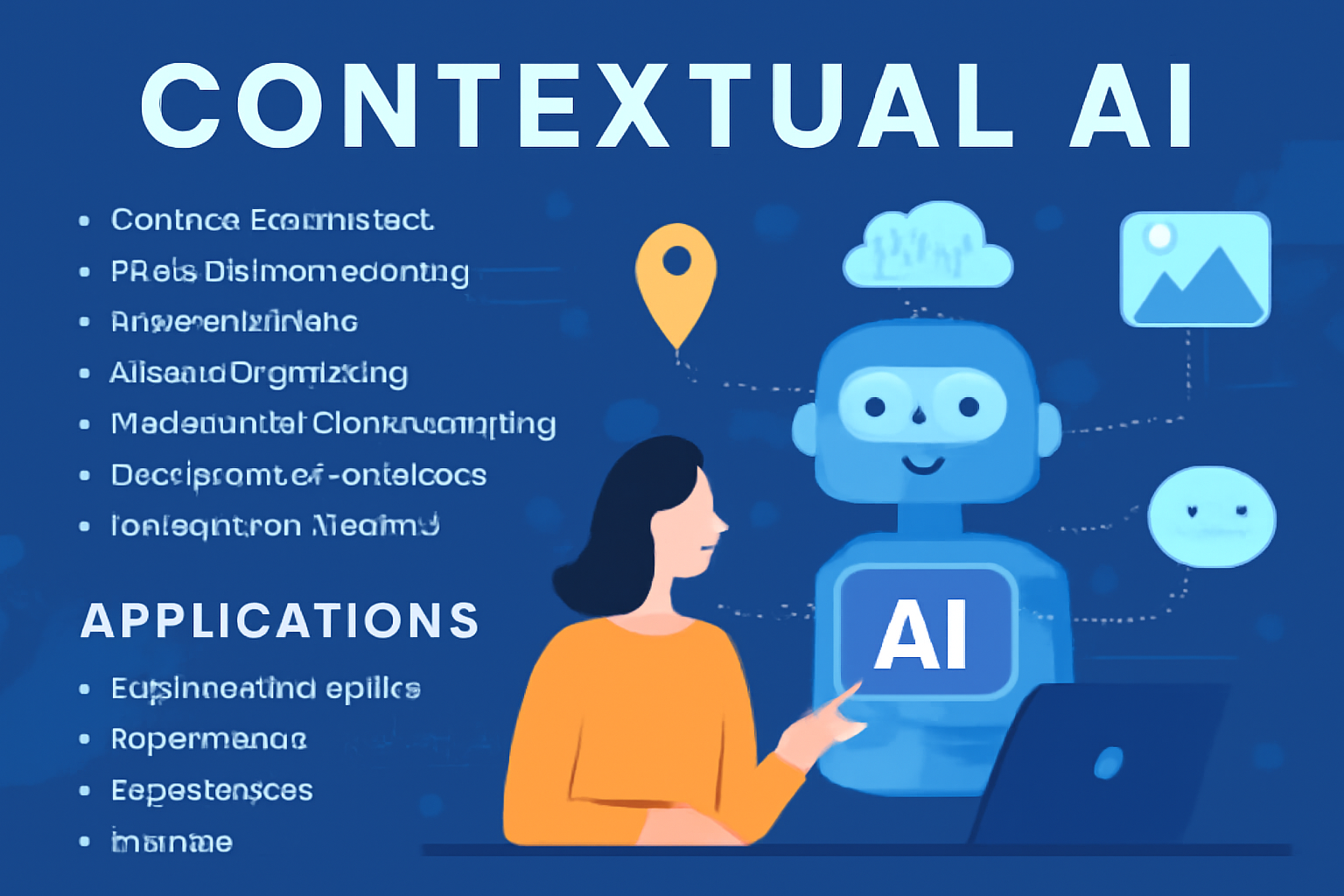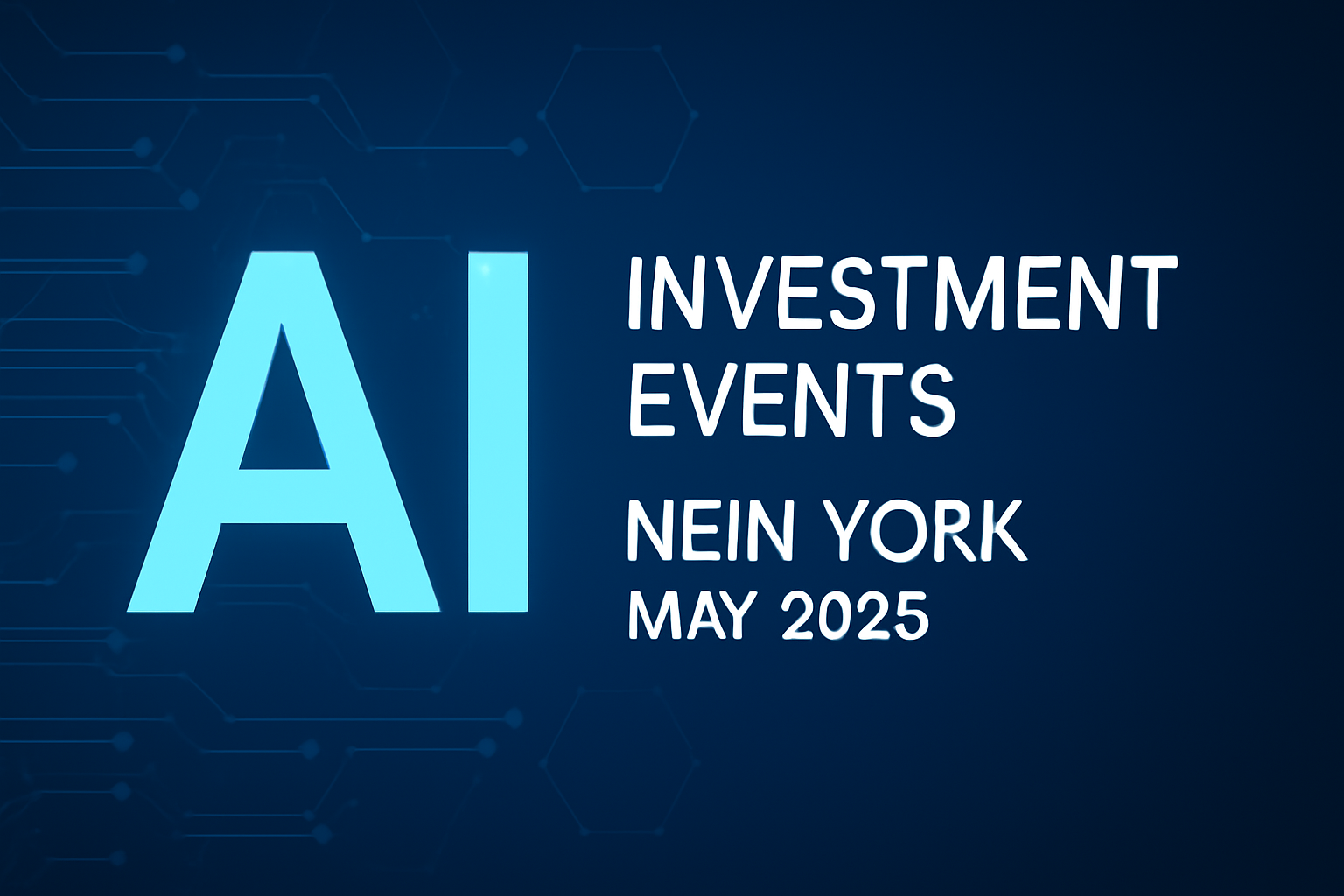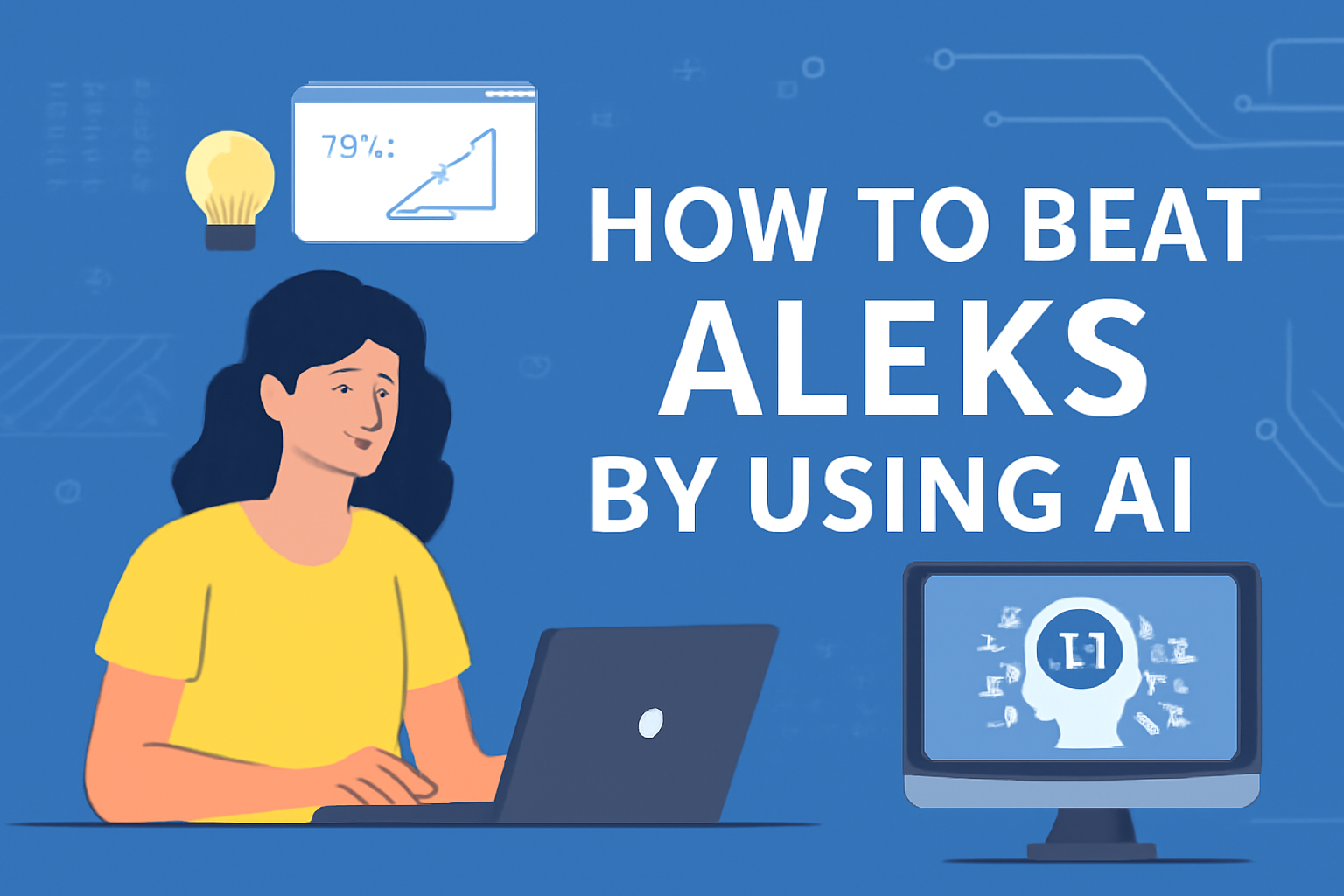In today’s fast-paced digital world, one of the most significant advancements in artificial intelligence (AI) is the emergence of Contextual AI. While traditional AI systems can perform tasks based on predefined rules or patterns, contextual AI takes a more sophisticated approach by understanding the context in which it operates. This allows it to adapt its responses based on real-time factors, such as a user’s location, preferences, history, and current situation.
Unlike basic AI models, which may provide general answers, contextual AI tailors its responses to each unique interaction, providing more personalized, relevant, and efficient solutions. Whether it’s helping a customer with a query or making personalized product recommendations, contextual AI has become a vital component in modern technology.
What Makes Contextual AI Different?
1. Context Awareness
One of the defining features of contextual AI is its ability to recognize and interpret the context in which it operates. Contextual AI doesn’t just react to a given input; it considers a wide range of factors, including user history, environmental conditions, and previous interactions. For example, a virtual assistant powered by contextual AI will adjust its response based on what it knows about the user, such as their past queries or location.
This contextual awareness allows AI systems to deliver more relevant and meaningful results. For instance, when a customer asks for a product recommendation, contextual AI will not only look at the current search but also consider the user’s previous purchases and browsing history to offer suggestions tailored to their tastes.
2. Real-Time Data Processing
Contextual AI thrives on real-time data processing. It constantly gathers and analyzes information, allowing it to provide up-to-date responses based on current conditions. For example, in a customer support scenario, contextual AI can analyze live chat data to understand the customer’s tone, urgency, and prior interactions, offering solutions more accurately and quickly than traditional AI systems.
This real-time capability is especially useful in fast-moving industries like finance or healthcare, where information is constantly changing, and decisions need to be made quickly.
3. Personalization
Personalization is a key benefit of contextual AI. By understanding user preferences and behaviors, contextual AI delivers highly personalized experiences that make interactions more engaging and useful. In e-commerce, for example, a contextual AI system might recommend products based on a customer’s past purchases or browsing habits, making the shopping experience more tailored and efficient.
Moreover, personalization can extend beyond products. Contextual AI can also adjust its communication style, offering more formal or casual responses based on how the user prefers to interact. This level of personalization leads to greater user satisfaction and a more seamless experience.
4. Multimodal Understanding
Contextual AI isn’t limited to processing text. It’s capable of understanding multiple forms of input, such as voice, images, and gestures, allowing for a richer and more interactive experience. For instance, in smart home technology, a contextual AI system might respond to voice commands, recognize hand gestures, and even analyze visual data from cameras to perform tasks efficiently.
This multimodal understanding makes contextual AI more versatile and adaptable to different user needs, ensuring that it can engage with users in a variety of ways.
5. Adaptive Learning
One of the most powerful aspects of contextual AI is its ability to learn and adapt over time. As it interacts with users and processes more data, it becomes better at understanding their preferences, behaviors, and needs. This continuous learning process allows contextual AI to improve its performance and accuracy, making it even more effective in delivering personalized, contextually relevant responses.
For example, if a user frequently asks about specific topics or products, contextual AI will recognize these patterns and start offering more focused responses, saving time and improving user satisfaction.
Real-World Applications of Contextual AI
Customer Support
Contextual AI has revolutionized the customer service industry. Traditional customer support systems may offer scripted responses that can seem robotic or impersonal. In contrast, a contextual AI-powered chatbot can engage in more natural, helpful conversations, remembering previous interactions and adjusting its tone to suit the situation.
For instance, if a customer contacts support about a product they bought previously, the AI will recall this information and provide tailored advice, reducing the need for the customer to repeat their problem. This leads to speedier resolution times and more customer satisfaction.
Healthcare
In healthcare, contextual AI can assist in diagnosing and recommending treatments by analyzing patient data, medical history, and real-time health conditions. For example, contextual AI can help doctors by reviewing patient records, lab results, and symptoms, providing insights that lead to more accurate diagnoses.
Moreover, AI can adapt to a patient’s condition over time, offering personalized treatment plans and monitoring progress, ultimately improving health outcomes.
E-Commerce
In the world of online shopping, contextual AI is a powerful tool for personalized marketing. By analyzing a customer’s browsing behavior, purchase history, and preferences, AI can make real-time product recommendations that are highly relevant to each user. This level of personalization leads to higher conversion rates, as customers are more likely to purchase items that match their interests.
Furthermore, contextual AI helps businesses anticipate customer needs, improving inventory management and customer retention through personalized experiences.
Finance
In finance, contextual AI plays a critical role in fraud detection and personalized financial advice. AI systems can analyze transaction patterns, identify anomalies, and flag potentially fraudulent activity. By understanding the context of each transaction, AI can provide more accurate fraud alerts, reducing false positives.
Moreover, contextual AI can offer tailored financial advice, considering factors like a user’s spending habits, savings goals, and investment history to create personalized recommendations.
Smart Assistants
Smart assistants, such as Amazon’s Alexa and Google Assistant, use contextual AI to improve the user experience. These assistants understand voice commands, interpret user intent, and provide relevant information. For example, if a user asks about the weather, contextual AI will consider the user’s location and provide an accurate forecast for that area.
Benefits of Contextual AI
Enhanced User Experience
By considering the user’s context, preferences, and real-time data, contextual AI delivers more relevant and personalized experiences. This leads to increased user satisfaction and better engagement.
Improved Efficiency
Contextual AI’s ability to process real-time data and make adaptive decisions helps businesses and users operate more efficiently. Whether it’s offering quick solutions to customer inquiries or providing timely product recommendations, contextual AI ensures that interactions are efficient and effective.
Better Decision-Making
With its ability to analyze large amounts of data and adjust to changing circumstances, contextual AI aids in better decision-making. In fields like healthcare, finance, and customer service, AI’s real-time insights can lead to more informed choices and improved outcomes.
Challenges of Contextual AI
Despite its many advantages, contextual AI does face some challenges. Data privacy is a major concern, as AI systems often rely on user data to personalize experiences. Ensuring that this data is securely handled and that user consent is obtained is crucial.
Additionally, the complexity of developing accurate contextual models means that AI systems require constant updates and improvements to remain effective. Ensuring that these systems are bias-free and accurate is essential to prevent errors, especially in sensitive areas like healthcare and finance.
The Future of Contextual AI
The future of contextual AI looks promising. As technology continues to evolve, we can expect even more advanced systems capable of understanding and responding to increasingly complex contexts. AI will likely become even more integrated into everyday life, helping businesses and individuals operate more efficiently and effectively.
With the right balance of innovation, privacy protection, and ethical considerations, contextual AI has the potential to transform industries and improve the way we interact with technology on a daily basis.
Conclusion
Contextual AI represents a significant leap forward in the field of artificial intelligence. By understanding the context in which it operates, AI can deliver more personalized, relevant, and efficient solutions across various industries. Whether it’s improving customer service, personalizing e-commerce experiences, or providing better healthcare outcomes, contextual AI is poised to change the way we interact with technology, making our interactions smarter and more intuitive.










Leave a Reply